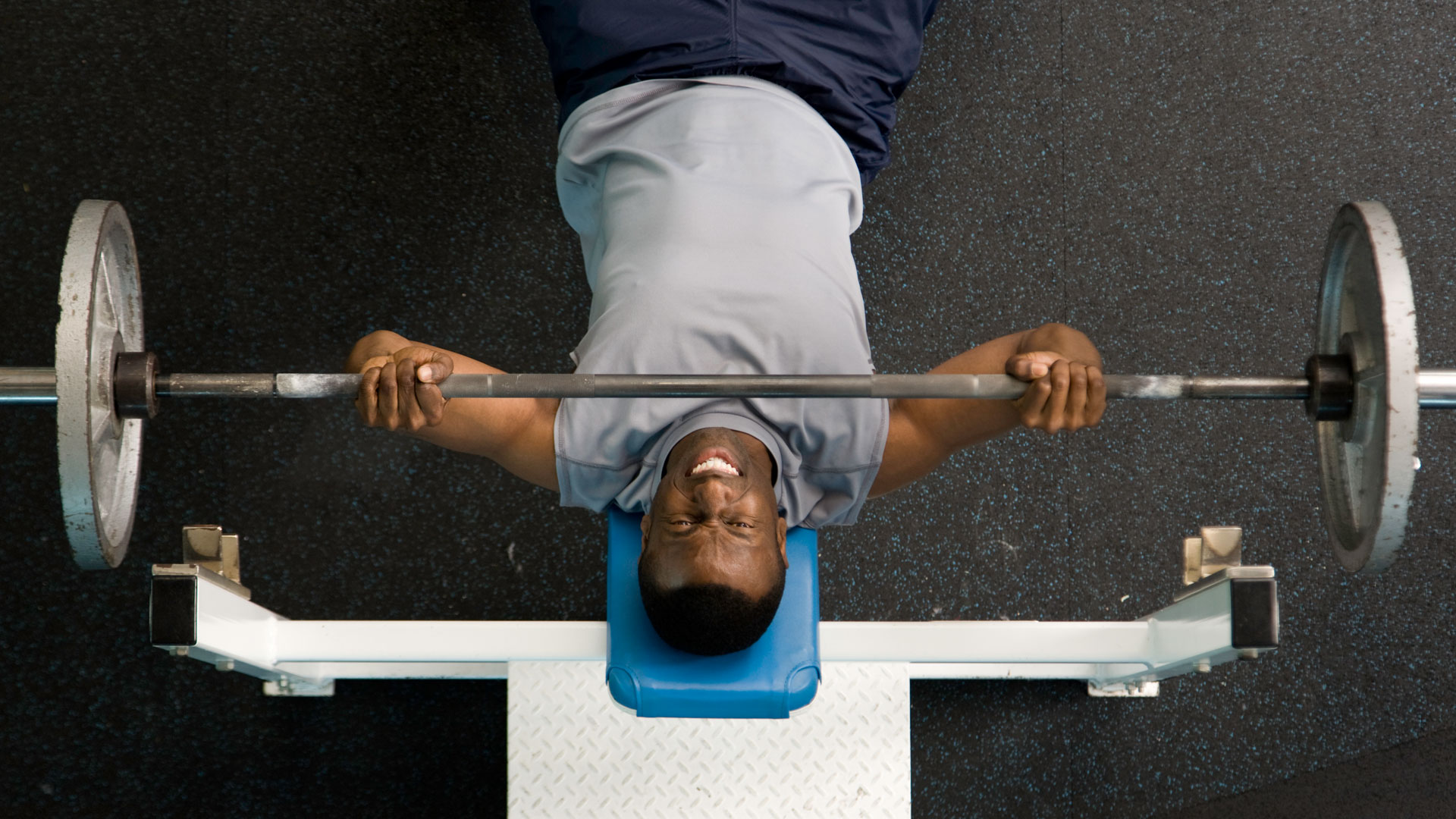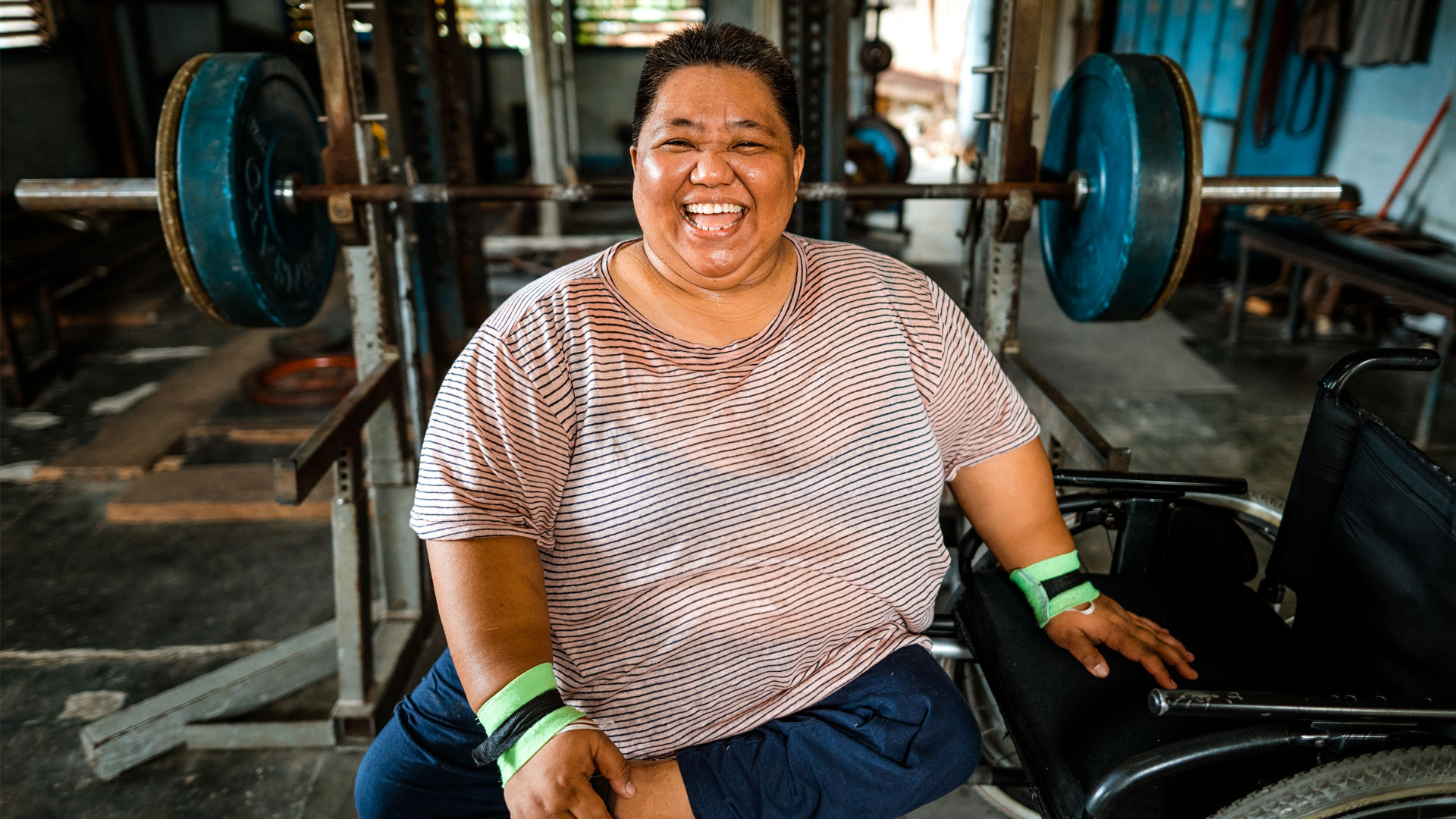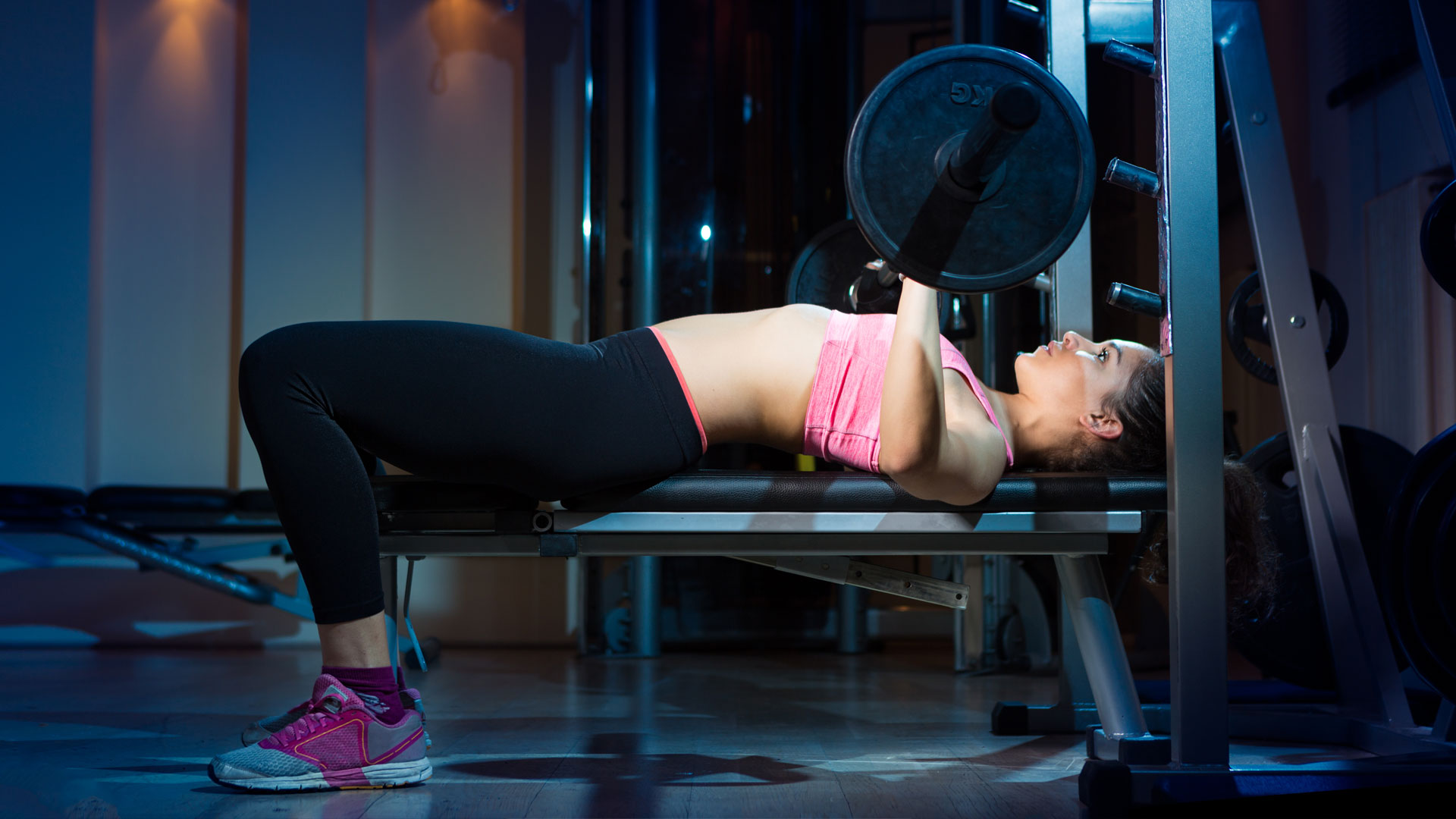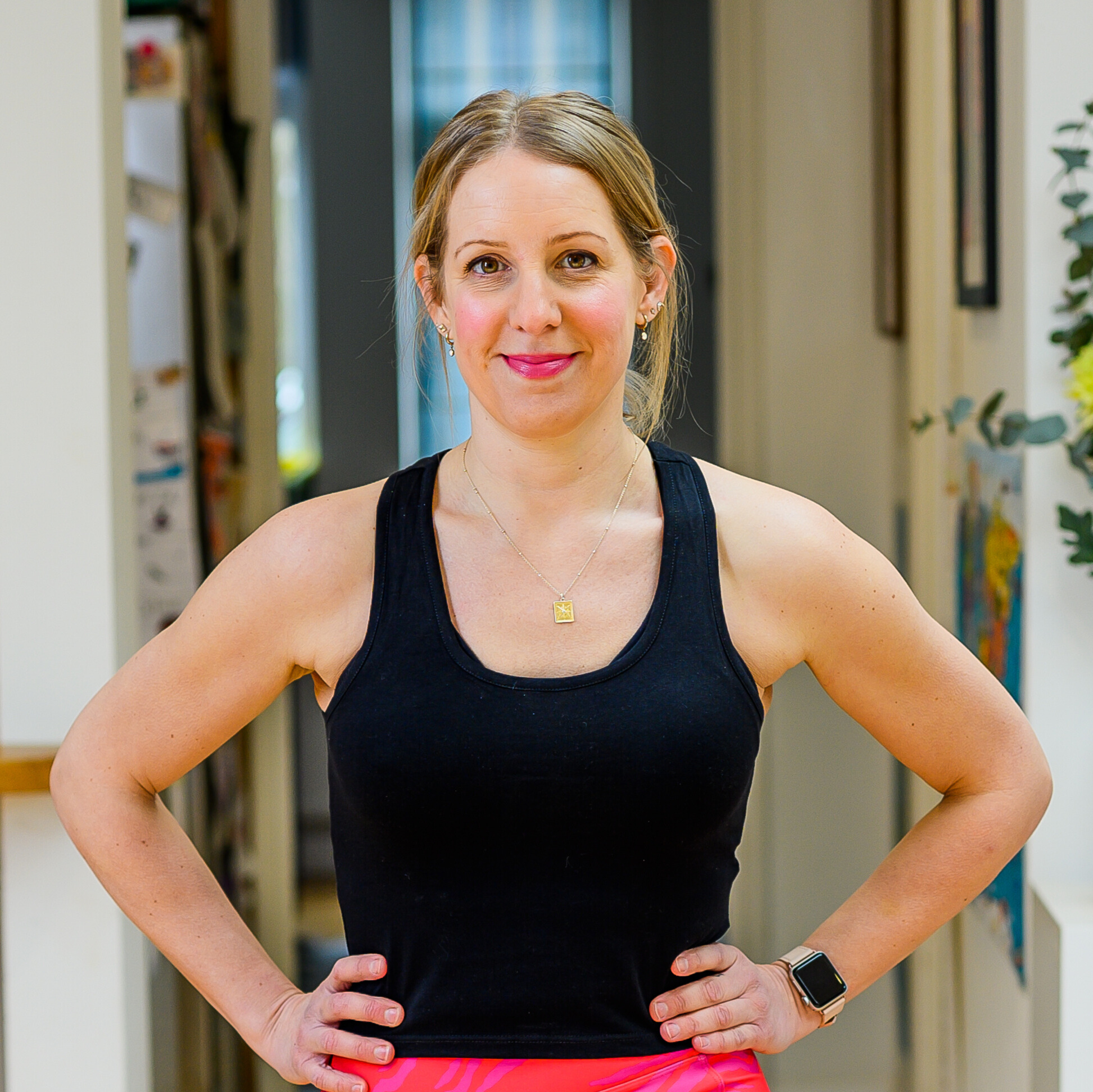What is a bench press?
What is a bench press? We talked to a personal trainer and strength coach about this popular multi-muscle move


Start your week with achievable workout ideas, health tips and wellbeing advice in your inbox.
You are now subscribed
Your newsletter sign-up was successful
What is a bench press? It’s an effective compound (multiple muscles) exercise that involves lying on a bench as you press a weight up using a barbell, free weights, or the best adjustable dumbbells.
There are a few variations of this resistance or strength move, including lying flat, at an incline or decline or putting your hands closer together, or using a wider grip on the barbell.
“Choose a weight that is challenging to you, but not so heavy you struggle to lift it, as that can lead to poor form and/or injury,” says personal trainer and strength coach Ross Mitchell.
“If you’re new to bench presses, then consider asking a friend or someone who works in the gym to spot (supervise) you. They can watch your technique and safely take the weight off you if it gets too heavy.”
In this article, we talk to PT Mitchell as he explains everything you need to know about the bench press.

Personal trainer Ross Mitchell is an educator in the fitness industry keen to share knowledge that can be helpful in getting people from where they are, to where they want to be. He is a body composition and strength training expert with multiple years of experience coaching and training people.
What is a bench press? Everything you need to know
The bench press, also known as a chest press, is where a person presses free weights or a barbell upwards while lying on a, you guessed it… bench. It’s a weight-bearing resistance exercise popular for building strength and muscle.
So how do you do a bench press? PT Mitchell told Fit&Well: “You lie on a stable surface like a bench, put your weights in your hand or rack your chosen bar and load, then lower from fully extended arms so the weights or bar touches your chest. Then press the weight back to the starting position to complete the repetition.”
Start your week with achievable workout ideas, health tips and wellbeing advice in your inbox.
“It’s important to lift weights – or resistance train - especially as we age. Apart from the muscular benefits, there's a lot to be gained in terms of increased bone density, ligament and tendon fortification, reduced risk of injury, and general strength, which transfers to daily life.
“This happens because of overall improvements in what's called nervous system synchronization and motor unit recruitment. Put simply you get better at contracting your muscles harder and in larger bundles in one go.”
In this article, we take a deep delve into what is a bench press and why you should incorporate it into your training program.

Which muscles do bench presses work?
The prime movers in the bench press are:
- Pectoralis Major/Minor (chest) – contributes to the pushing motion that presses the weight against gravity from the chest back to starting position
- Anterior Deltoid (front of shoulder) – helps the arms move forward, and is responsible for shoulder flexion, supporting the muscles to lower and lift the weights
- Triceps Brachii (back of arm muscles) – power the exercise as you get to the top of the movement, when you’re extending at the elbows to lock the weight out
- Biceps Brachii (front of arm muscles) – these also help you to fully extend the weight at the top
- Serratus Anterior (muscles in your ribs) – supports your shoulder girdle during the pressing and pushing motion, taking some of the strain off the rotator cuff (the muscles and tendons that keep the ball of your upper arm bone in your shoulder socket), allowing you to lift heavier weights
Mitchell says: “The bench press strengthens all of these muscles as they all work together to horizontally take your arms away from your body in a pressing motion.
“As you change the angle of the press, from flat pressing to incline or overhead, there will be a slightly different emphasis on which muscles take the majority of the strain. The more vertical for example, the more the front deltoid and triceps are involved.
“Pressing in multiple ways and with varied bits of kit is essential for a full development of the muscles, ligaments, tendons, and bones.”

What are the benefits of a bench press?
There are multiple benefits of a bench press, says Mitchell. “These include increased general strength, higher bone density, stronger ligaments and tendons, and increased lean body mass (muscle).
“It is also important for something called nervous system synchronization, a complex process of neural coupling and a key part of communication and cognitive (brain) health. Or in other words, it can help your body work better as a unit.”
The bench press is considered a functional movement – basically one that is performed for a purpose, in this case, to build strength, balance, and stability to support everyday activities.
Mitchell says: “Most people will benefit from two to three bench press sessions per week, using reps anywhere from six to 20 to increase strength and size. Aim for a total of between 70-210 total reps every week, starting low and building over time.”
While it can be a great exercise for muscle mass and strength, Mitchell warns: “As useful as the bench press is, one must not become over-reliant on it.
“Too much pressing in one specific movement pathway can lead to overuse injuries, muscular imbalance, and postural issues. Varying up the pressing style, angle, implement, load and overall volume (number of reps) is necessary to avoid problems.
“I would recommend changing something surrounding the bench press every six sessions. It's also worth doing two pulling movements for every one pushing movement. Aiming to have more total posterior chain (pulling) volume can help reverse a dodgy posture, prevent injuries, and also provide some much-needed muscle to your back.”
Find out more about how working out impacts your body with our round-up of the benefits of squats.
Maddy Biddulph is a journalist specializing in fitness, health and wellbeing content, with 26 years in consumer media working as a writer and editor for some of the bestselling newspapers, magazines and websites in the US and UK, including Marie Claire, The Sunday Times and Women’s Health UK.
She is a CIMPSA-certified PT and works one-on-one with clients, as well as running Circuits Club classes which mixes cardio and strength training and chair-based exercise classes for seniors.
